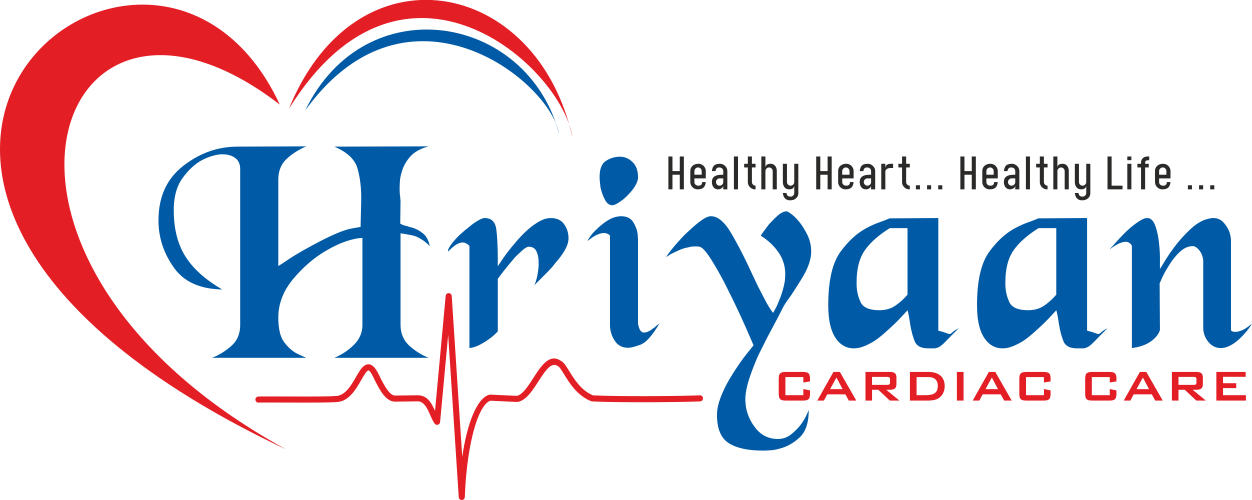.jpg)
Obesity is defined as a condition where the body has too much fat. It is of three types:
- Mild obesity
- Moderate obesity
- Severe obesity
The ideal body weight depends on your height, body type, shape and sex. You may use tables and charts of ideal weight to calculate how much you should weigh.
Obesity and HBP
The blood pressure of obese people remains high. High blood pressure strains the heart. Sustained high blood pressure thickens the ventricular walls. This leads to less efficient pumping and reduced heart function.
The adverse effect of high blood pressure on the heart can be avoided by reducing blood pressure. Reducing weight can help reduce blood pressure. Medication may also be needed.
Obesity and Diabetes
Obese persons are at a higher risk of getting Diabetes Mellitus. And as we have seen, diabetes means greater possibility of getting high blood pressure and heart disease.
Obesity and Heart Disease
As weight increases, the amount of circulating blood in the body also increases. Because of higher body weight, the heart is overworked even while the obese person is resting. The ventricles of the heart get strained, gradually thicken and later are dilated.
Other adverse effects of Obesity
Many obese people are breathless, especially when they lie supine. The reason is their large stomach presses on the diaphragm (the muscular partition between the abdomen and the chest) and so breathing activity is affected.
Can obesity lead to heart attack?
Obesity is a major risk factor for coronary artery disease.
Obesity may lead to heart attack.

.jpg)
.jpg)
.jpg)